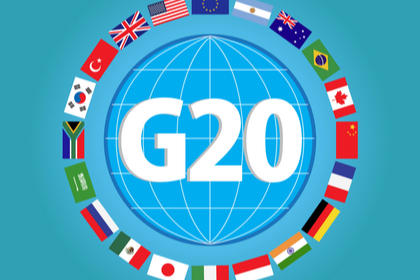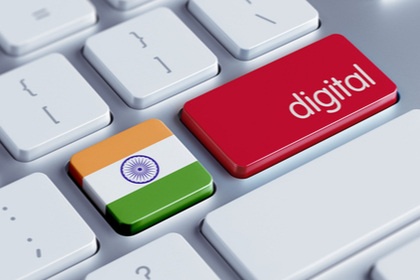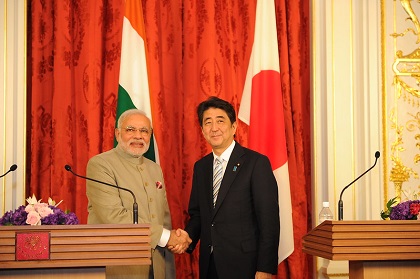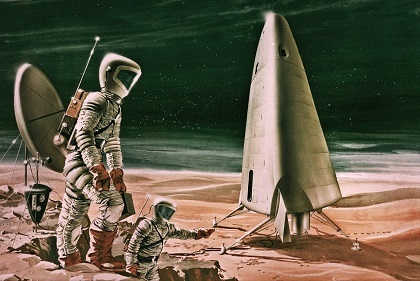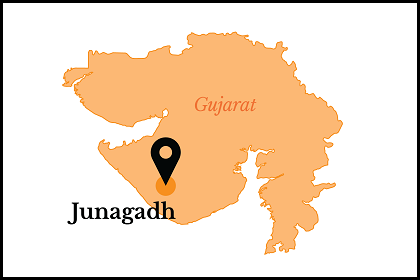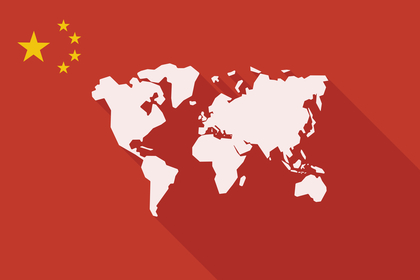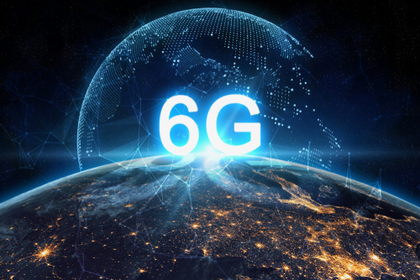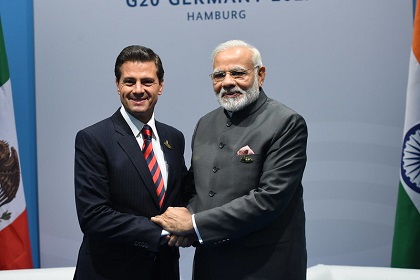India, the G20 and an African agenda
The G20's agenda has expanded over the past decade to include Africa. India should use the opportunity of its upcoming presidency of the G20 in 2022 to further cement its relationship with Africa and pursue a multilateral agenda from within the G20 for a more equal partnership with Africa.

